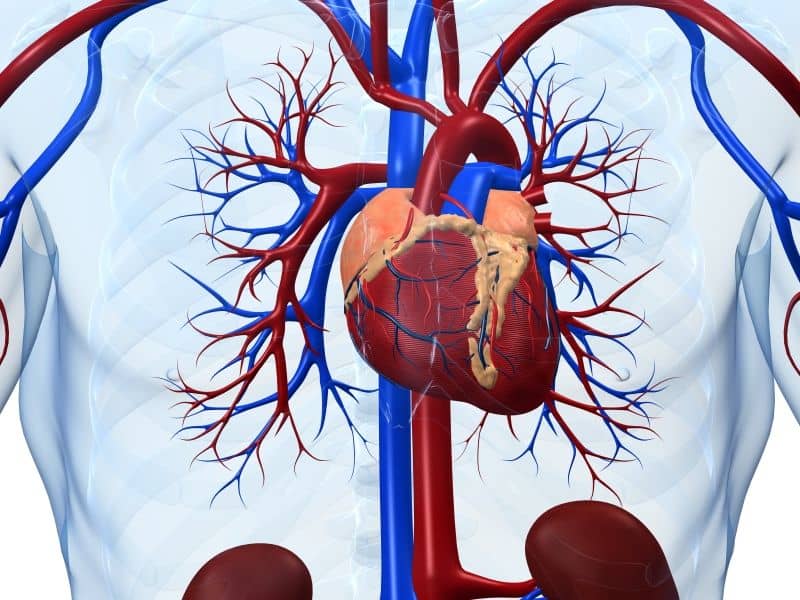Several reports of the effectiveness of the use of psychostimulants for the treatment of Alzheimer’s disease (AD) are available.
A systematic review and meta-analysis was conducted including double-blind, randomized, placebo-controlled trials. Outcomes were the improvement of apathy scales score (primary), mini-mental state examination (MMSE) score, activities of daily living scale score, Zarit burden interview score, all-cause discontinuation, discontinuation due to adverse events, and incidence of at least 1 adverse event.
Three methylphenidate studies and 1 modafinil study were identified (n=156). Results from combined psychostimulants were superior to placebo in the improvement of apathy scales score (standardized mean differences [SMD]=-0.63 (-1.22, -0.04), p=0.04, all studies) and the MMSE score (SMD=-0.58 (-1.14, -0.02), p=0.04, 3 methylphenidate studies). The modafinil study was excluded from the meta-analysis for the improvement of apathy scales score; therefore, the effect size increased (SMD=-0.82 (-1.43, -0.20), p=0.009). However, no significant differences were observed in terms of other outcomes, including safety outcomes between the treatment groups.
Methylphenidate would be effective in treating apathy and cognitive impairment in AD patients.
© Georg Thieme Verlag KG Stuttgart · New York.
Efficacy and Safety of Psychostimulants for Alzheimer’s Disease: A Systematic Review and Meta-Analysis.


